Microsoft gives OpenAI restructuring plans the green light – but its terms ensure it still wins in the long run
The deal removes fundraising constraints and modifies Microsoft's rights to use OpenAI models and products

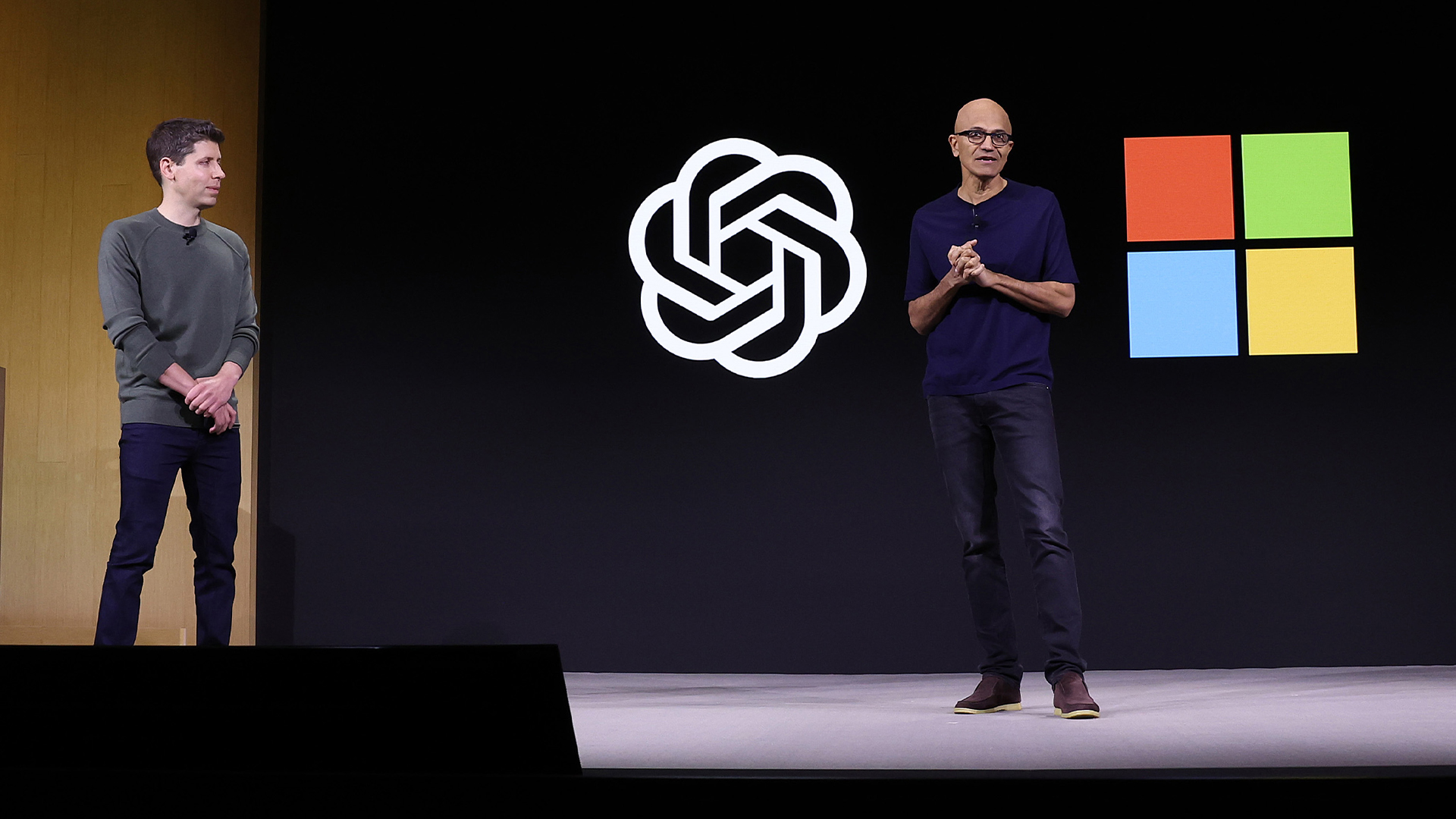
OpenAI has completed its transformation into a public benefit corporation, with Microsoft retaining a 27% stake.
OpenAI was founded in 2015 as a non-profit, with a declared mission of ensuring that artificial general intelligence (AGI) benefits all of humanity. Its restructuring plans, aimed at raising funds, have been fraught with difficulty thanks to regulatory and legal issues.
Under the new format, the company's non-profit arm, now called the OpenAI Foundation, will retain control of OpenAI's for-profit division and will hold an equity stake in the company of around $130 billion.
This, OpenAI said, makes it one of the best resourced philanthropic organizations ever.
"The OpenAI mission — ensuring that AGI benefits all of humanity — will be advanced through both the business and the Foundation," said Bret Taylor, chair of the OpenAI board of directors.
"The more OpenAI succeeds as a company, the more the non-profit’s equity stake will be worth, which the non-profit will use to fund its philanthropic work."
The OpenAI Foundation will initially focus on a $25 billion commitment across two areas. First, it will fund work to accelerate health breakthroughs, through activities such as the creation of open-sourced and responsibly-built frontier health datasets, along with funding for scientists.
Sign up today and you will receive a free copy of our Future Focus 2025 report - the leading guidance on AI, cybersecurity and other IT challenges as per 700+ senior executives
Secondly, it will support the development of technical solutions to AI resilience, maximizing AI’s benefits and minimizing its risks.
The new deal with Microsoft hinges on the development of AGI.
"The agreement preserves key elements that have fueled this successful partnership – meaning OpenAI remains Microsoft’s frontier model partner and Microsoft continues to have exclusive IP rights and Azure API exclusivity until artificial general intelligence (AGI)," Microsoft said in a statement.
"It also refines and adds new provisions that enable each company to independently continue advancing innovation and growth."
What Microsoft gets out of the OpenAI restructuring
Under the terms of the deal, Microsoft’s IP rights for both models and products will be extended through 2032 and now include models post-AGI, with appropriate safety guardrails.
Microsoft’s IP rights to research, defined as the confidential methods used in the development of models and systems, will remain until either the expert panel verifies AGI or through 2030, whichever is first.
The tech giant’s IP rights exclude OpenAI’s consumer hardware, and OpenAI can now jointly develop some products with third parties. API products developed with third parties will be exclusive to Azure, while non-API products may be served on any cloud provider.
Meanwhile, Microsoft can now independently pursue AGI alone or in partnership with third parties.
Moving forward, OpenAI has agreed to purchase an incremental $250 billion of Azure services, with Microsoft no longer having a right of first refusal to be OpenAI’s compute provider.
"As we step into this next chapter of our partnership," said Microsoft, "both companies are better positioned than ever to continue building great products that meet real-world needs, and create new opportunity for everyone and every business."
Make sure to follow ITPro on Google News to keep tabs on all our latest news, analysis, and reviews.
MORE FROM ITPRO
Emma Woollacott is a freelance journalist writing for publications including the BBC, Private Eye, Forbes, Raconteur and specialist technology titles.
-
 What is Microsoft Maia?
What is Microsoft Maia?Explainer Microsoft's in-house chip is planned to a core aspect of Microsoft Copilot and future Azure AI offerings
-
 If Satya Nadella wants us to take AI seriously, let’s forget about mass adoption and start with a return on investment for those already using it
If Satya Nadella wants us to take AI seriously, let’s forget about mass adoption and start with a return on investment for those already using itOpinion If Satya Nadella wants us to take AI seriously, let's start with ROI for businesses
-
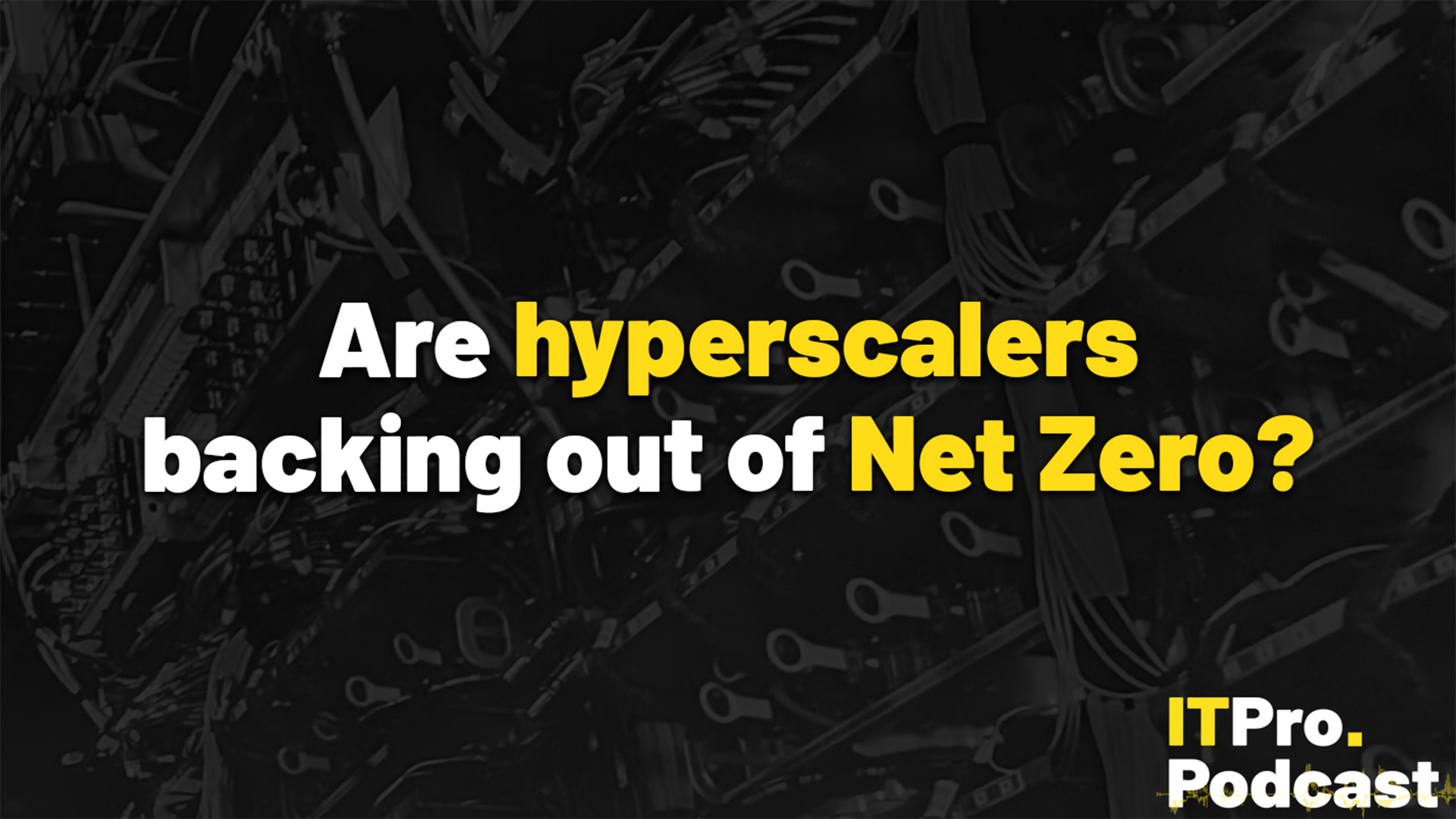 Are hyperscalers backing out of Net Zero?
Are hyperscalers backing out of Net Zero?ITPro Podcast Expanding data center construction and demand for high-energy workloads are pushing hyperscalers off course on carbon
-
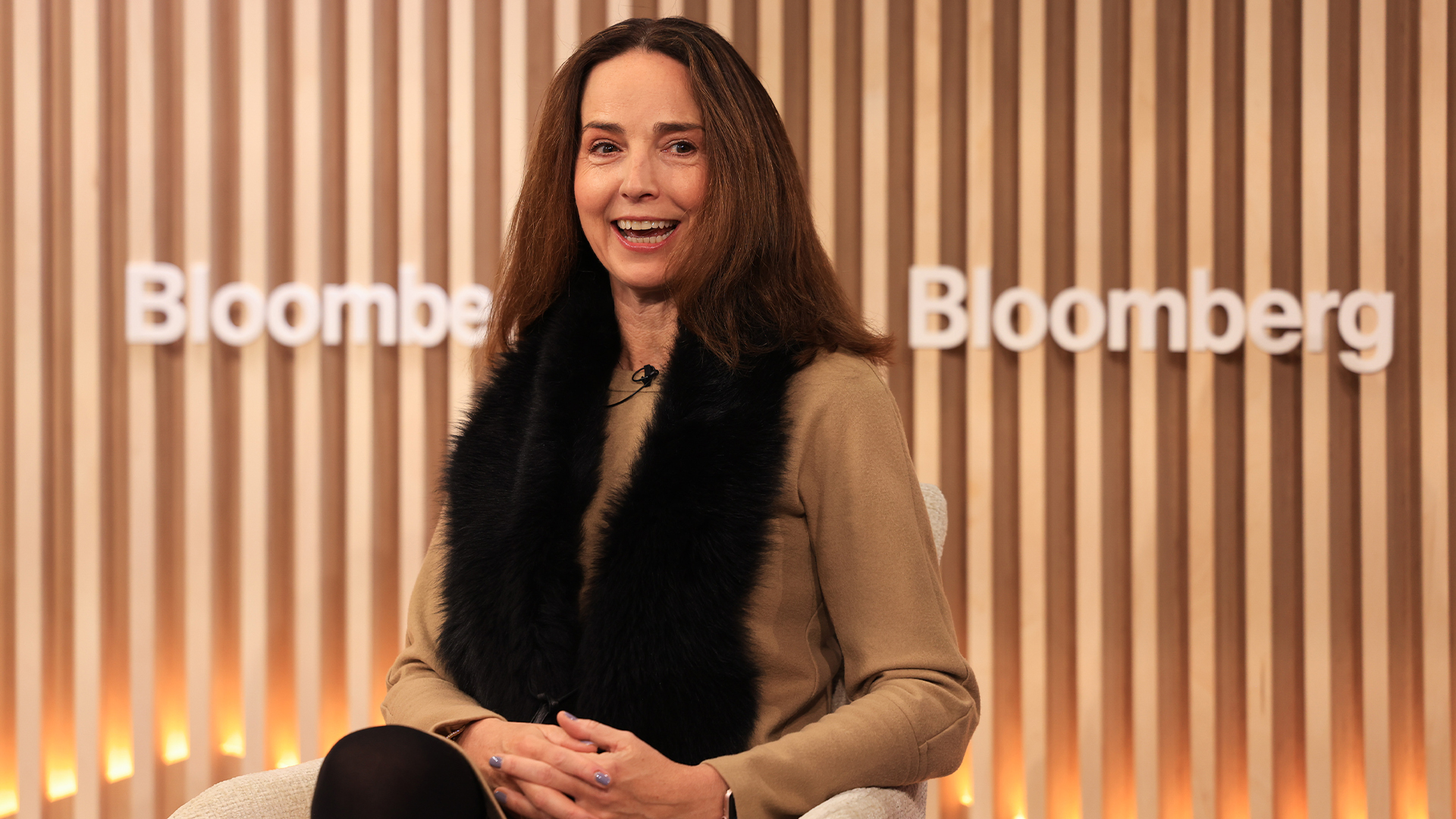 OpenAI CFO teases new money-making plans as AI giant targets 'practical adoption' gains in 2026 and beyond
OpenAI CFO teases new money-making plans as AI giant targets 'practical adoption' gains in 2026 and beyondNews OpenAI made $20bn in 2025 as it continues to expand revenue streams with ads and upcoming AI-powered devices
-
 Pax8 and Microsoft are teaming up to supercharge MSP growth
Pax8 and Microsoft are teaming up to supercharge MSP growthNews The new agreement includes integration between Pax8 and Microsoft Marketplace alongside a new OneCloud Guided Growth enablement initiative
-
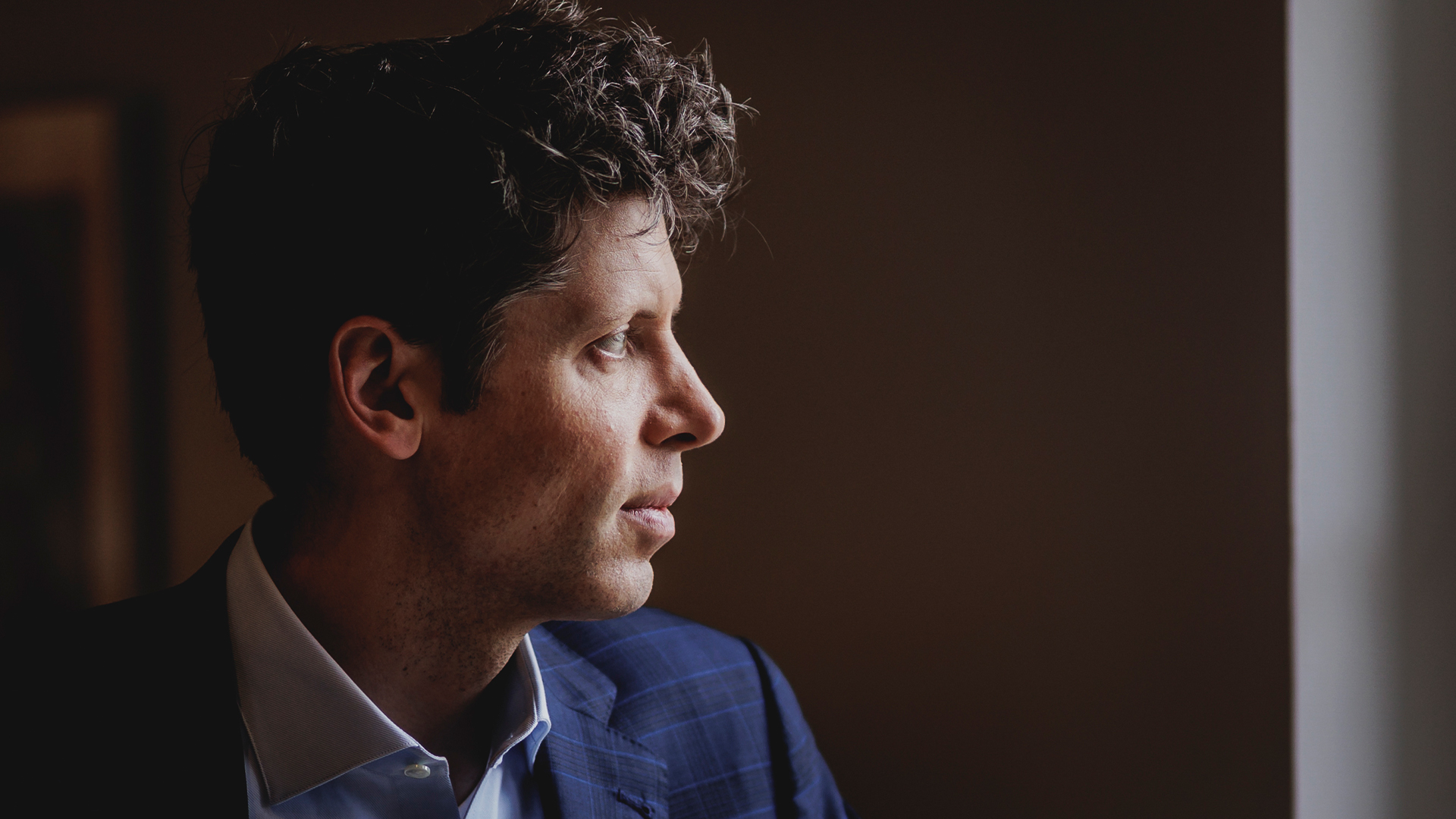 ‘Governments should not pick winners or losers’: OpenAI CEO Sam Altman takes to X in damage control mode after government ‘backstop’ comments
‘Governments should not pick winners or losers’: OpenAI CEO Sam Altman takes to X in damage control mode after government ‘backstop’ commentsNews OpenAI CEO Sam Altman appears to be in a state of damage control in the wake of recent comments touting potential government support for the AI company.
-
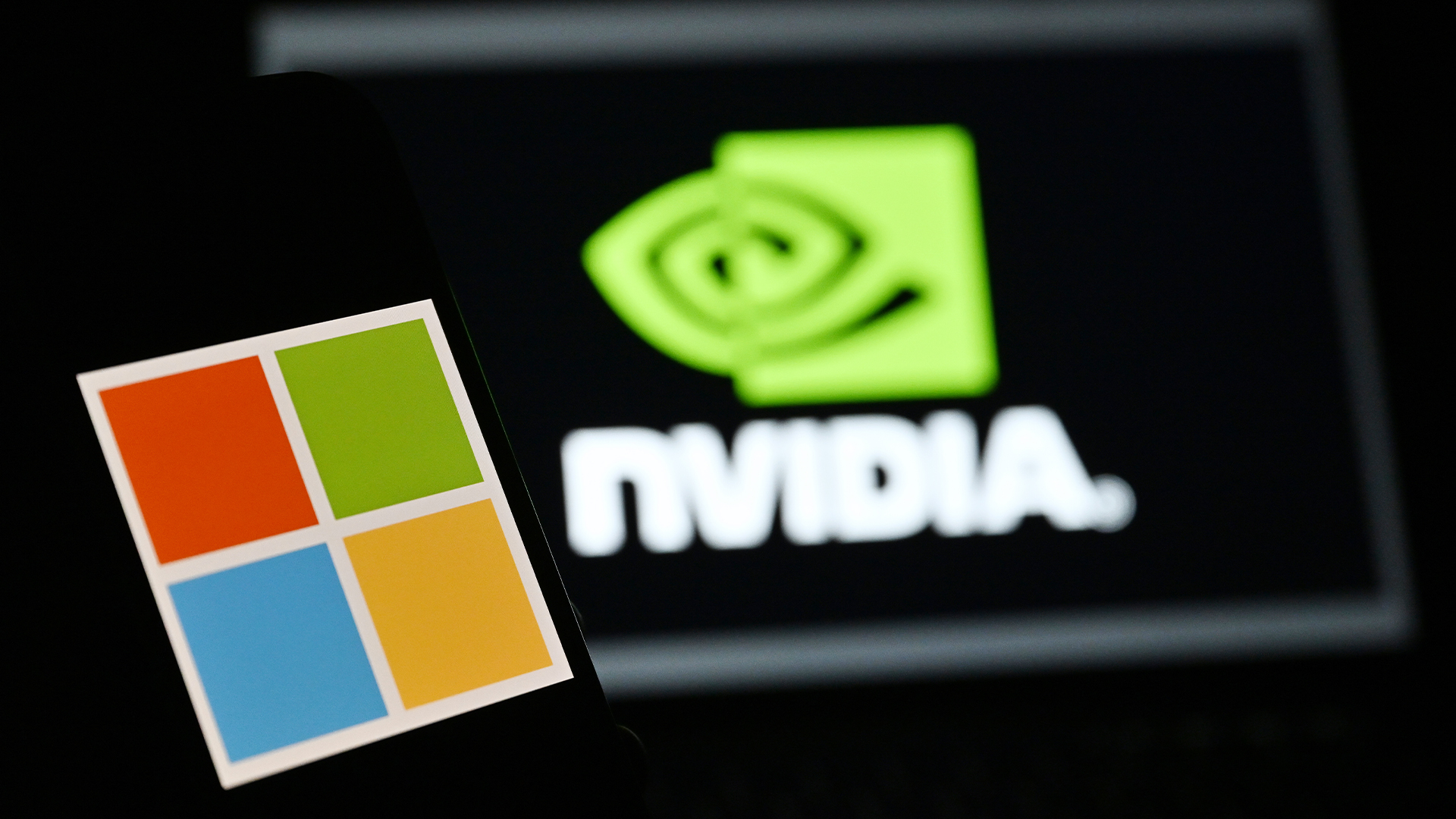 Microsoft and Nvidia are teaming up again to support UK startups
Microsoft and Nvidia are teaming up again to support UK startupsNews Agentic Launchpad will offer participants AI expertise, training and networking, and marketing support
-
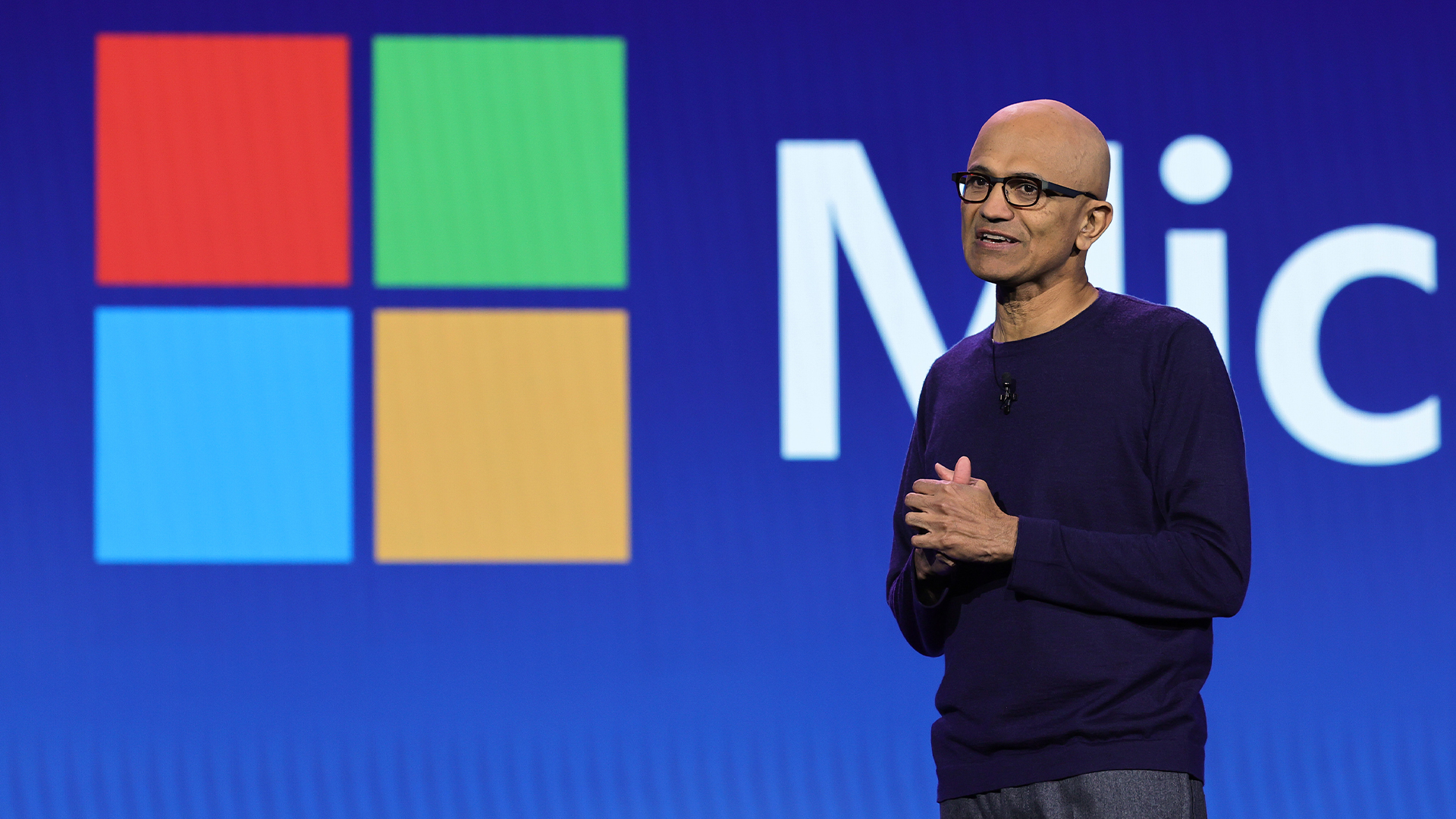 Microsoft’s huge AI spending still has investors sweating despite solid cloud growth
Microsoft’s huge AI spending still has investors sweating despite solid cloud growthNews Capital spending at Microsoft continues to surge, despite previous claims it would cool down
-
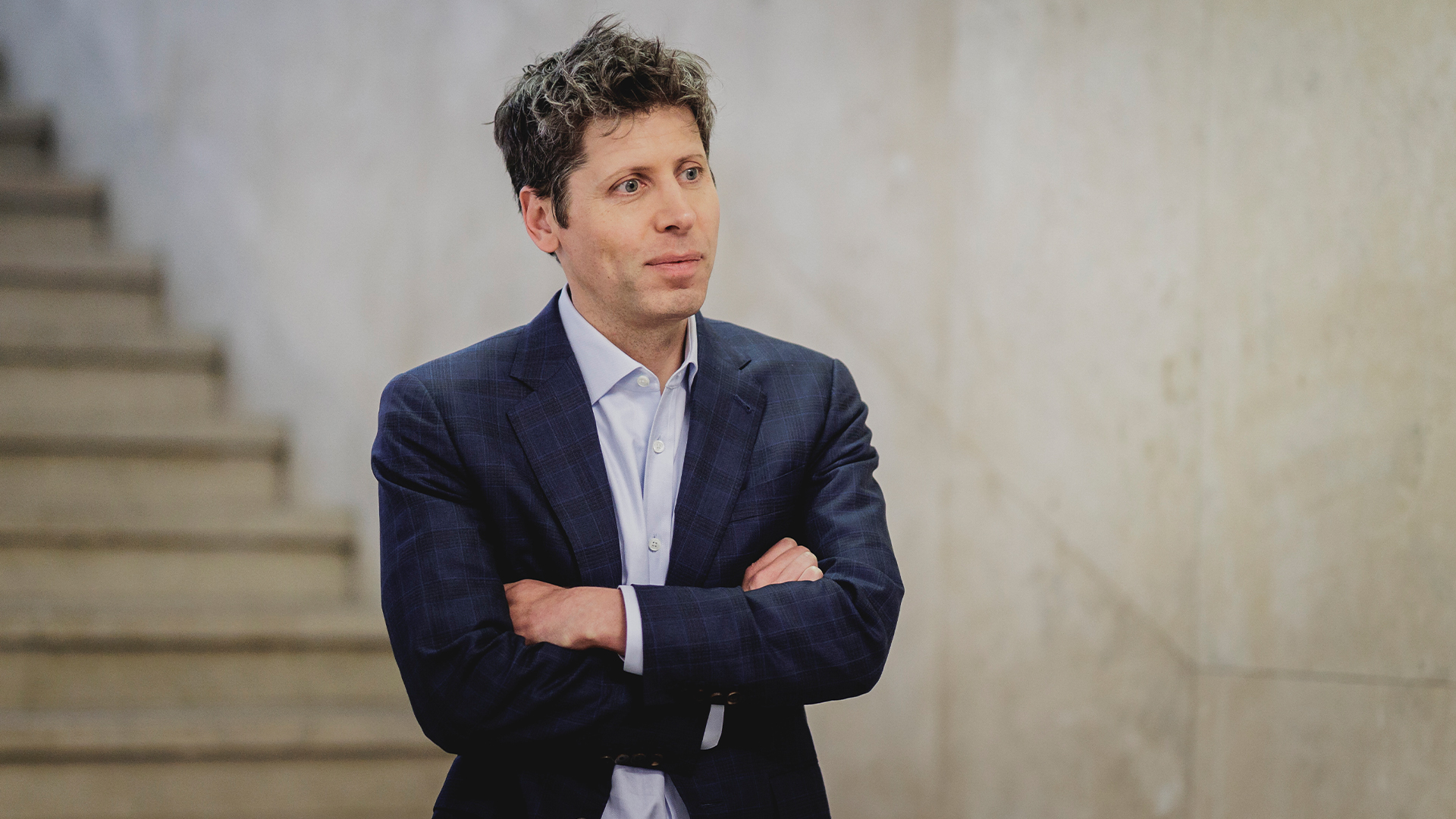 OpenAI has a bold plan to pay for its $1 trillion spending spree: Ads, personal assistants, and cheaper subscriptions
OpenAI has a bold plan to pay for its $1 trillion spending spree: Ads, personal assistants, and cheaper subscriptionsNews OpenAI has lined up more than $1 trillion in spending – and now it's trying to figure out how to pay for it all.
-
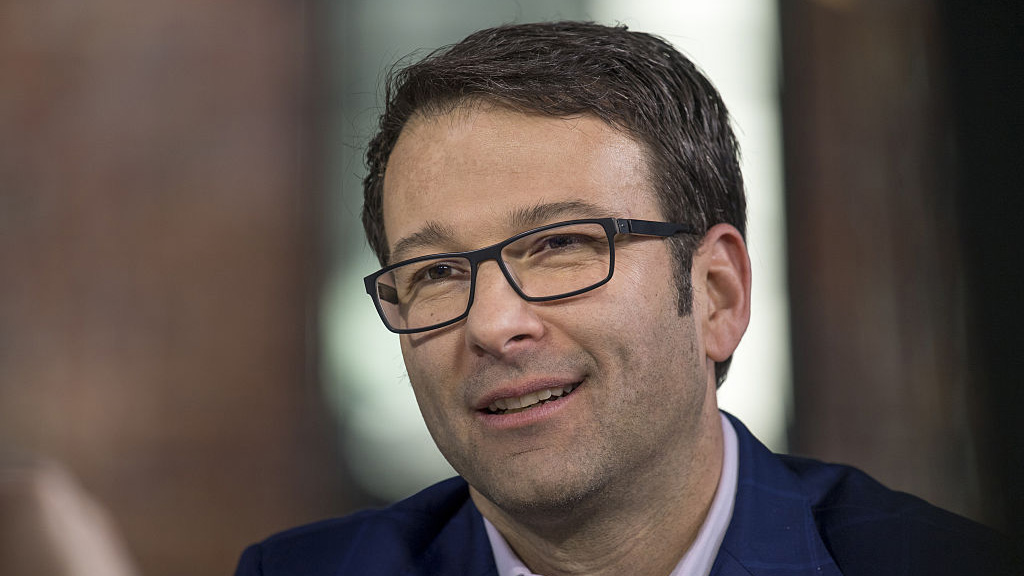 Microsoft unveils additional CEO to work alongside Nadella
Microsoft unveils additional CEO to work alongside NadellaNews The move aims to free up Microsoft CEO Satya Nadella to focus on AI
